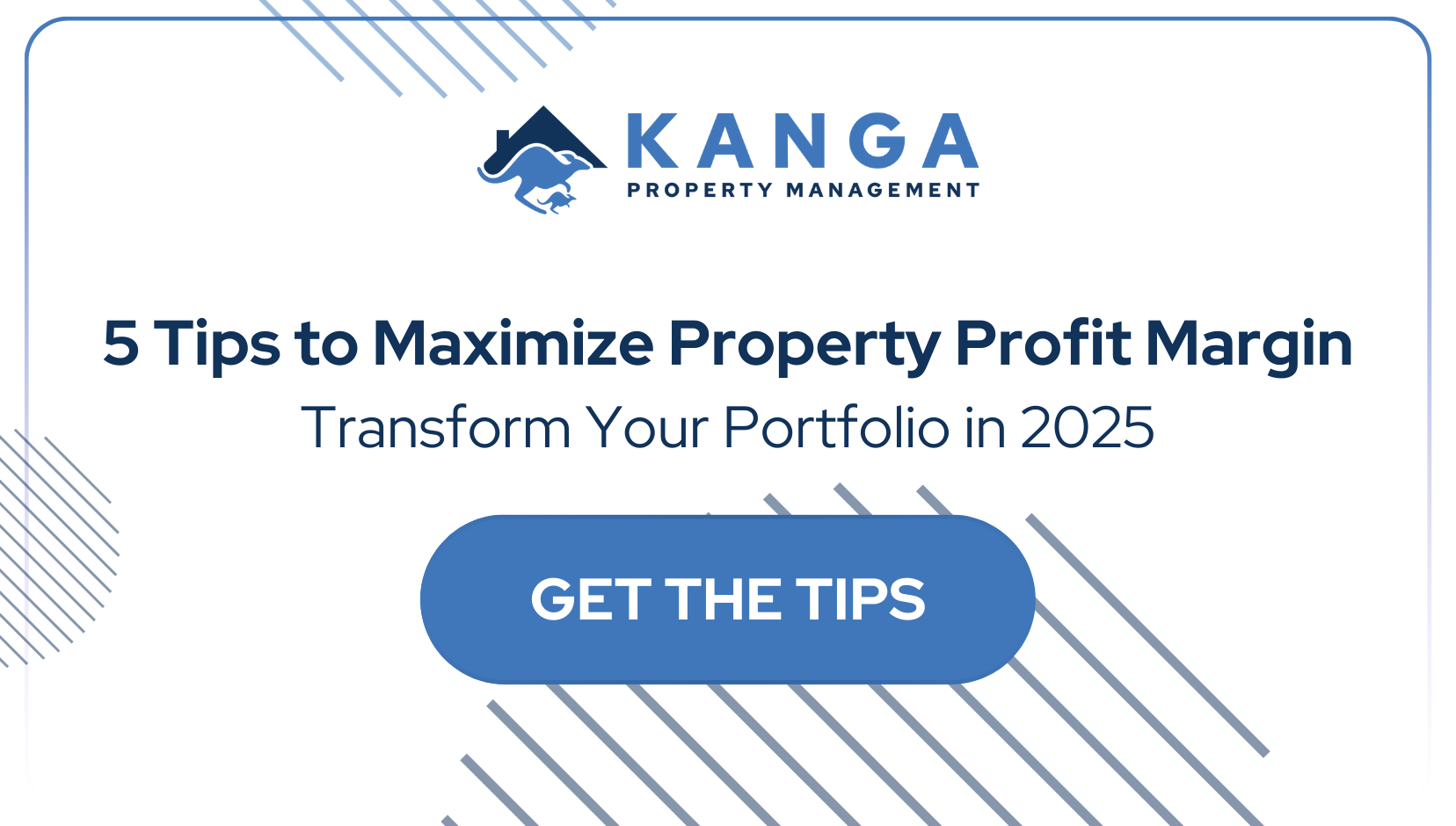
Landlord Stress Solutions Effective Strategies to Manage Rental Challenges
Landlords often face stress from managing tenant relationships, handling maintenance, and juggling financial responsibilities. These challenges can impact their efficiency and overall well-being, making it essential to find practical ways to reduce pressure and avoid burnout.
Effective landlord stress solutions include setting clear boundaries with tenants, delegating tasks to reliable professionals, and adopting daily habits that promote control and balance. These strategies help landlords manage their workload more smoothly and maintain a healthier mindset while overseeing their properties.
Beyond everyday management, landlords can explore market opportunities or tailored services that offer financial and operational relief. Recognizing the signs of stress and proactively addressing them is key to sustaining success and peace of mind in property management.
Understanding Landlord Stress
Landlord stress arises from multiple factors, including the challenges of managing tenants, financial obligations, and legal responsibilities. These pressures can affect mental health and daily functioning, requiring awareness and practical approaches to manage effectively.
Common Causes of Landlord Stress
Managing tenant relations is a significant source of stress, especially when dealing with late payments, disputes, or property damage. The unpredictability of tenant behavior often demands time and emotional energy.
Maintenance issues add further strain. Addressing repairs promptly can be costly and disruptive but is necessary to maintain property standards. Many landlords also struggle with balancing their various roles, such as leasing agent, accountant, and mediator.
Time management challenges intensify stress. Handling multiple properties or self-managing all tasks without professional support contributes to burnout. Landlords may face relentless demands that interfere with personal life or other work.
Impact on Health and Well-Being
Chronic stress from property management can lead to exhaustion and emotional fatigue. Landlord burnout often manifests as irritability, difficulty concentrating, and physical symptoms such as headaches or sleep disturbances.
Mental health risks increase when demands feel overwhelming and persistent. Stress may contribute to anxiety and depression, especially if landlords lack clear boundaries or support systems.
Maintaining well-being requires intentional stress management techniques. Regular breaks, delegating tasks, and setting realistic expectations help reduce the toll on health, improving resilience and decision-making capabilities.
Legal and Financial Pressures
Legal compliance creates pressure through complex regulations affecting leases, tenant rights, and eviction procedures. Navigating property law demands time, accuracy, and sometimes professional legal advice to avoid costly errors.
Financial obligations include mortgage payments, taxes, insurance, and unexpected repair costs. Delays in rent collection can disrupt cash flow, threatening the landlord’s ability to meet these commitments.
Market fluctuations add uncertainty. Property values and rental demand may vary, impacting income stability. Landlords often weigh risks of selling properties or adjusting rents amid changing market conditions.
Preventative Strategies for Minimizing Stress
Minimizing landlord stress starts with practical steps taken before problems arise. Establishing solid foundations helps avoid common issues related to tenants, leases, and communication.
Screening and Selecting Tenants
Thorough tenant screening is essential to reduce future conflicts and late payments. Landlords should verify employment, check credit reports, and obtain references from past landlords. This step helps identify reliable tenants who are likely to pay rent on time and care for the property.
Background checks can also reveal potential risks such as eviction history or criminal activity. Clear criteria for tenant approval prevent arbitrary decisions and protect against discrimination claims. A consistent screening process ensures landlords choose tenants who fit the rental property’s requirements and reduce the likelihood of stressful situations later.
Effective Lease Agreements
A precise and detailed lease agreement sets clear expectations for both parties. It should cover rent amount, payment deadlines, maintenance responsibilities, and policies on late fees or evictions. Including explicit clauses on property care, noise levels, and subletting reduces misunderstandings.
Landlords must ensure the lease complies with local laws to avoid legal complications. Well-written agreements provide a reference point during disputes, making enforcement straightforward. Both landlord and tenant should review and sign the document, confirming mutual understanding and agreement.
Clear Communication Policies
Setting communication boundaries prevents excessive interruptions and confusion. Landlords should define office hours or preferred contact times, letting tenants know when to report emergencies versus routine issues. Written communication methods like email or a tenant portal offer record-keeping advantages.
Being proactive with updates about repairs or policy changes reduces tenant frustration. Clear, polite, and consistent communication establishes respect and trust. This approach limits misunderstandings and helps landlords maintain control of daily property management demands.
Tools and Technologies for Landlords
Modern landlords rely on specific digital tools to reduce daily stress and enhance management efficiency. These solutions focus on automating tasks, improving communication, and keeping better track of finances and property-related activities.
Property Management Software
Property management software centralizes critical landlord responsibilities into one platform. It typically includes lease tracking, tenant communication, and financial reporting.
This software helps landlords manage multiple properties more easily. Features often include document storage for leases, automated rent reminders, and dashboards that show payment status and occupancy rates.
Landlords benefit from real-time updates and automated alerts, which minimize overlooked tasks. Integration with accounting software simplifies bookkeeping, saving time on manual data entry.
Online Rent Collection Systems
Online rent collection systems streamline payment processes and reduce delays. These platforms enable tenants to pay rent electronically using bank transfers, credit cards, or digital wallets.
Such systems provide landlords with instant payment notifications and deposit confirmation. This reduces the need for in-person collections and checks, lowering administrative burden.
Security is a key benefit; these platforms often include encrypted transactions and PCI compliance. They also offer features like automated late fee application and recurring payment setup.
Maintenance Tracking Solutions
Maintenance tracking solutions organize repair requests and property upkeep schedules. They allow tenants to submit work orders digitally, which landlords or managers can prioritize and assign.
Landlords can track ongoing maintenance work through status updates and vendor communication recorded in one place. This transparency speeds up resolution and reduces tenant complaints.
Many tools include cost tracking and historical records of repairs. This data assists with budgeting and identifying recurring issues that may need long-term solutions.
Delegation and Outsourcing Options
Delegating and outsourcing specific tasks can significantly reduce workload and stress. It allows landlords to focus on high-priority issues while professionals handle specialized areas, ensuring smoother overall management.
Property Management Companies
Hiring a property management company can relieve landlords from daily operational duties. These companies handle tenant screenings, rent collection, maintenance coordination, and emergency responses.
Choosing a reputable management firm involves assessing their experience, communication style, fees, and local market knowledge. Property managers often charge a percentage of rent, which varies but typically ranges from 8% to 12%.
Outsourcing these tasks to experts improves efficiency and frees landlords from routine stress. However, landlords should maintain clear contracts and communication to ensure expectations align.
Hiring Reliable Contractors
Reliable contractors are essential for maintaining rental properties efficiently without constant landlord input. These professionals handle repairs, renovations, and regular maintenance, reducing urgent calls and last-minute fixes.
Building a network of trusted contractors involves verifying licenses, insurance, and past work quality. Timely and quality service from contractors can prevent escalated issues, saving landlords time and money.
Landlords should establish clear scopes of work and budgets before hiring. Regular communication and scheduling also ensures projects stay on track, further minimizing stress.
Utilizing Legal and Accounting Professionals
Legal and accounting professionals protect landlords from costly mistakes and compliance issues. Attorneys can review lease agreements, handle evictions, and advise on landlord-tenant laws.
Accountants manage tax reporting, expense tracking, and financial planning, helping landlords optimize profits and avoid fines. Using these specialists reduces legal risks and financial errors.
Landlords should engage professionals with experience in real estate or property management to maximize benefits. Clear agreements about services and fees are critical for a smooth partnership.
Conflict Resolution Techniques
Effective conflict resolution requires clear communication, adherence to legal guidelines, and a calm approach to disputes. Landlords who apply consistent procedures can reduce stress and maintain better relationships with tenants. Key areas often needing focused attention include tenant disagreements, payment issues, and eviction procedures.
Managing Tenant Disputes
When conflicts arise, landlords should prioritize active listening and remain calm to de-escalate tensions. Addressing complaints promptly and professionally prevents issues from escalating.
Consistent application of lease terms and house rules is essential. This clarity reduces misunderstandings about responsibilities and expectations.
Using negotiation and mediation can help find mutually acceptable solutions without involving courts. Transparent communication and a respectful tone foster cooperation, making resolution smoother and faster.
Addressing Late Payments
Late rent payments often cause tension. Landlords should first verify the reasons behind the delay, as open dialogue can reveal temporary hardships like job loss or emergencies.
Setting clear payment deadlines and consequences in the lease promotes accountability. Sending polite, timely reminders can encourage tenants to pay on time.
If late payments persist, landlords might offer structured payment plans to avoid eviction, balancing firmness with empathy to maintain a working relationship.
Eviction Processes
Evictions should be a last resort after other resolution attempts fail. Landlords must strictly follow local legal procedures to avoid costly errors.
Providing clear written notices detailing lease violations and timelines is critical. Documentation of all communication and tenant conduct helps protect against disputes.
Landlords can consider mediation before filing for eviction. This step can save time and expense by reaching agreements outside court, preventing further stress.
Time Management Tips for Landlords
Effective time management is essential for landlords to maintain control over their properties and reduce stress. Key strategies include organizing preventive maintenance and leveraging technology to streamline daily tasks.
Creating a Maintenance Schedule
Landlords benefit from developing a detailed maintenance calendar that outlines regular inspections, cleaning, and necessary repairs. Scheduling these tasks prevents small issues from escalating into costly emergencies.
This schedule should include tasks such as HVAC servicing every six months, gutter cleaning during fall, and checking smoke detectors quarterly. Consistent maintenance also enhances tenant satisfaction and protects the property’s value.
Using a digital calendar or property management software to set reminders ensures nothing is overlooked. It also allows landlords to allocate time in advance, reducing last-minute disruptions.
Automating Routine Tasks
Automation reduces manual workload and increases efficiency. Landlords can automate rent collection through online payment platforms, minimizing the need to chase late payments.
Other tasks like lease renewals, sending reminders for maintenance, and responding to common tenant inquiries can be managed with software tools. Automation helps maintain consistent communication without requiring daily attention.
Integrating systems such as property management apps or email marketing tools can free up time, allowing landlords to focus on complex or urgent issues instead of repetitive administrative duties.
Emotional and Mental Health Support
Managing the stresses of landlord responsibilities requires both daily habits and professional resources. Addressing emotional well-being proactively helps maintain focus, reduce burnout, and improve decision-making.
Stress Management Practices
Landlords benefit from structured routines that minimize stress triggers. Techniques such as mindfulness, regular exercise, and balanced nutrition contribute to steady mental health.
Practical tactics include:
- Scheduling breaks away from property duties every few months to recharge.
- Using positive self-talk and gratitude exercises to maintain perspective.
- Eliminating unnecessary stressors by delegating tasks or automating communications.
Consistency in these habits can prevent exhaustion associated with being on-call 24/7. Building a supportive network of peers or professionals also helps alleviate constant pressures.
Seeking Professional Counseling
Professional counseling offers targeted support for landlords facing chronic stress or anxiety. Mental health experts can provide coping strategies tailored to property management challenges.
Counseling benefits include:
- Identifying psychological impacts linked to landlord duties.
- Developing personalized stress reduction plans.
- Addressing burnout before it affects property performance.
Accessing therapy early prevents escalation of emotional distress. It also equips landlords with tools to handle difficult tenant interactions and complex property issues calmly.
Continuous Education and Networking
Landlords benefit from actively engaging in ongoing learning and building connections with peers. This helps them stay updated on industry developments and handle challenges more effectively.
Landlord Associations
Joining landlord associations provides access to resources tailored to property owners’ needs. These groups often offer workshops, webinars, and networking events where landlords can share experiences and solutions.
Associations typically provide updates on market trends, tenant management strategies, and legal changes. Members gain access to expert advice and sometimes discounted services related to property management.
The support system within an association helps reduce isolation and stress by connecting landlords facing similar issues. They also foster a community that advocates for landlord interests at local and national levels.
Ongoing Legal and Regulatory Training
Property laws and regulations change frequently, impacting landlord responsibilities and tenant rights. Regular training sessions help landlords stay compliant and avoid costly legal mistakes.
Such training covers lease agreements, eviction procedures, security deposit rules, and fair housing laws. It equips landlords with practical approaches to handle disputes and maintain positive tenant relations.
Keeping current with legal requirements reduces uncertainty and the stress linked to potential violations. Experienced instructors and legal experts often lead these courses, ensuring landlords get accurate, actionable information.
Long-Term Solutions for Sustainable Landlordship
Sustainable landlordship requires a proactive approach to reduce stress and create stability. One key step is ongoing education. Landlords who attend workshops and join associations stay informed about best practices and evolving regulations.
Building a collaborative relationship with tenants helps foster mutual respect and reduces conflicts. Clear communication and setting realistic expectations support a stable rental environment.
Implementing eco-friendly property management practices is also beneficial. Sustainable upgrades not only reduce environmental impact but can lower operating costs and attract responsible tenants.
Automation plays a crucial role in stress reduction. Systems for automated rent collection and maintenance requests streamline daily tasks, minimizing time spent on administrative work.
| Long-Term Steps | Benefits |
| Continuing Education | Informed decisions, legal compliance |
| Tenant Collaboration | Reduced disputes, improved satisfaction |
| Eco-Friendly Practices | Cost savings, tenant appeal |
| Automation of Operations | Time savings, lower stress |
Balancing these elements helps landlords create a manageable workload and maintain steady rental income over time. Sustainable landlordship focuses on both efficiency and positive tenant relationships to ensure long-term success.
Reduce Landlord Stress with Expert Support from Kanga Property Management
Managing rental properties in today’s market doesn’t have to be overwhelming. With the right guidance, tools, and professional support, landlords can eliminate stress, improve tenant relationships, and achieve consistent financial stability. That’s where Kanga Property Management makes all the difference.
Our team specializes in simplifying the landlord experience—handling everything from tenant screening, rent collection, maintenance coordination, and legal compliance to ensure your property runs smoothly. We use advanced technology and proven systems that minimize daily stress and maximize your peace of mind.
By partnering with Kanga Properties, you gain a trusted local ally who understands the challenges landlords face and knows how to turn them into opportunities for long-term growth. Focus on what matters most—your time, your income, and your well-being—while we take care of the rest.
Let Kanga Property Management handle the stress, so you can enjoy the success of property ownership.


